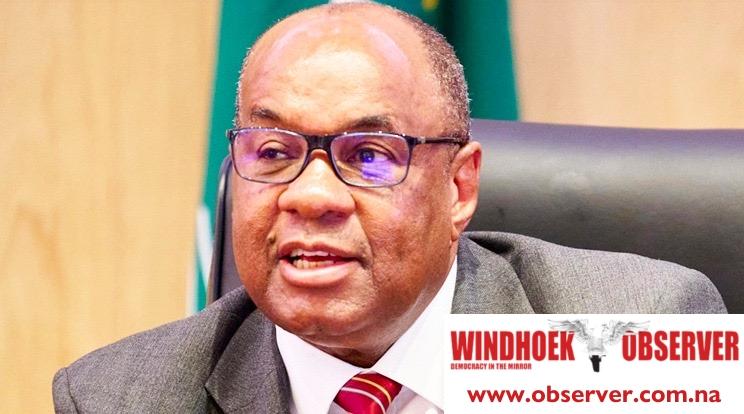
Despite significant strides in financial inclusion, with an estimated 78 percent of the Namibian population now covered, the benefits of these efforts have yet to reach many, particularly in rural areas.
The Governor of the Bank of Namibia (BoN), Johannes !Gawaxab, highlighted this disparity at a recent symposium held at Namibia University of Science and Technology in Eenhana.
!Gawaxab pointed out that approximately 62 percent of Namibians, especially those in rural regions, still rely predominantly on cash for their income and payments.
“This reliance often necessitates long and costly journeys to the nearest financial institution or ATM, further discouraging the use of formal banking services,” he said.
He added that carrying large sums of cash poses significant security risks, including theft and robbery.
!Gawaxab emphasized the critical need for accessible formal financial services.
He noted that high fees and charges associated with day-to-day interactions with the formal financial system deter many potential customers.
“The importance of providing individuals and businesses with access to formal financial services, such as savings accounts, credit, and insurance, cannot be overstated,” !Gawaxab said.
He stressed that the people of Ohangwena, Omusati, Oshikoto, and Oshana regions, who largely depend on subsistence farming and small-scale agriculture, are particularly vulnerable to adverse climate conditions such as droughts and periodic floods.
“Developing a resilient rural economy through financial inclusion is essential,” !Gawaxab continued.
He added that financial inclusion offers the necessary resources and tools to mitigate risks and adapt to changing conditions.
The symposium, which focused on rural economic development, sustainable agriculture, and youth development, stressed the essential role of financial inclusion in transforming Namibia’s rural economy.
The discussions at the symposium also highlighted the need for effective economic development initiatives in rural regions to stimulate growth and empower communities.
!Gawaxab’s remarks were a call to action for policymakers and financial institutions to bridge the gap between financial inclusion and tangible benefits for all Namibians, regardless of their geographic location.
Report: Niël Terblanché



